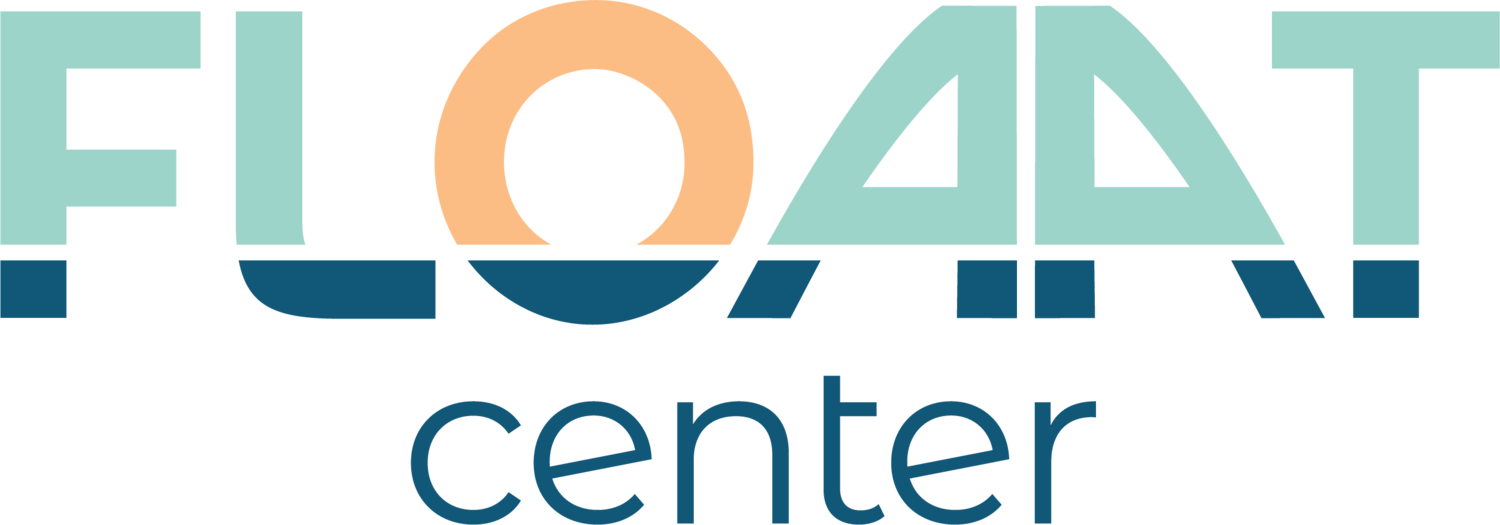“I Can’t Relax”: The Guilt and Pressure Around Rest in High-Achievers
Author: Mokshvi Shah, BS Northeastern University Student
Published: September 2025
For many high-achievers, rest doesn’t feel like a reward, it feels like a threat. Even when the calendar clears or the to-do list is done, a nagging inner voice whispers, “You should be doing more.” This experience isn’t just about having a strong work ethic; it often points to deeper psychological patterns rooted in identity, self-worth, and early conditioning.
In a culture that idolizes productivity, rest is often framed as laziness or indulgence. For people who have internalized the belief that their value lies in their output, slowing down feels emotionally unsafe. Whether this stems from childhood praise focused on achievements, pressure to be the “responsible one,” or coping mechanisms developed to avoid painful feelings, the result is a cycle where rest triggers guilt instead of relief.
This mindset is particularly prevalent among perfectionists, people-pleasers, and those with histories of trauma or chronic stress. When your nervous system is used to being in overdrive, rest can actually feel physically uncomfortable. You may notice irritability, racing thoughts, or the urge to multitask even during downtime. Over time, this constant tension can contribute to anxiety, insomnia, burnout, and emotional numbness.
Understanding where this pressure comes from is a key step in shifting it. Ask yourself:
When did I learn that being busy meant being worthy?
What emotions come up when I rest? Guilt? Fear? Emptiness?
What would it mean about me if I allowed myself to truly slow down?
These aren’t easy questions, but they’re powerful ones. Therapy can help unpack the beliefs and life experiences that shaped your relationship to rest. It can also help you explore the difference between intentional rest and avoidance, because sometimes what looks like rest (scrolling endlessly, zoning out, overplanning leisure) is actually another form of distraction.
Reframing rest as a form of resilience, not failure, is essential. Rest is not the opposite of productivity; it’s what sustains it. It supports emotional regulation, creativity, and physical health. When we allow ourselves to pause, we create space for integration, insight, and healing.
Here are a few gentle ways to reintroduce rest without overwhelming your nervous system:
Schedule short “non-doing” windows into your day
Try mindfulness practices that focus on presence rather than performance
Connect with sensations of rest through body scans
Replace harsh self-talk with affirmations like “Rest is part of healing” or “I am worthy even when I’m not productive”
You don’t need to earn your rest through exhaustion. You are allowed to enjoy stillness without proving your right to it. The world doesn’t stop spinning because you paused. In fact, your ability to pause, to take care of your mind and body, is what allows you to return with more clarity, compassion, and capacity.
Learning to rest is a form of unlearning. It’s unlearning the lie that you are only valuable when you are useful. It’s reclaiming your right to be a human being, not just a human doing.
